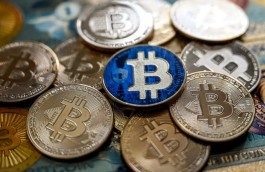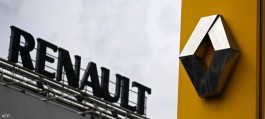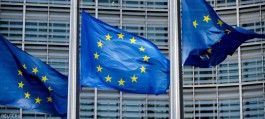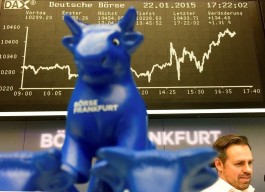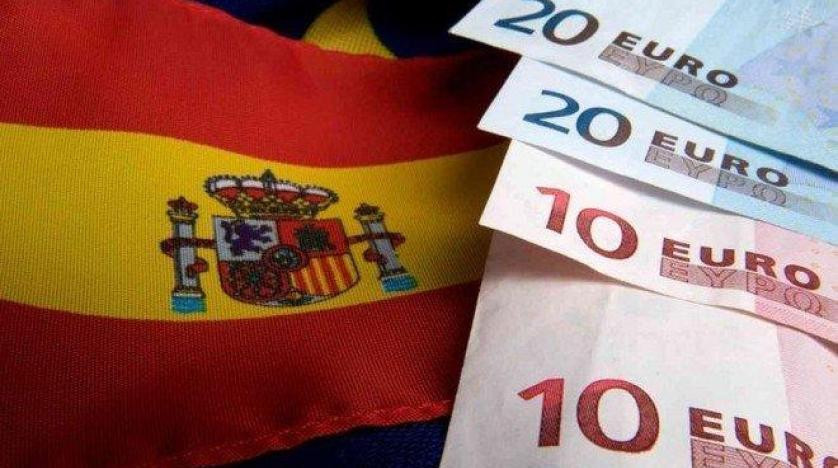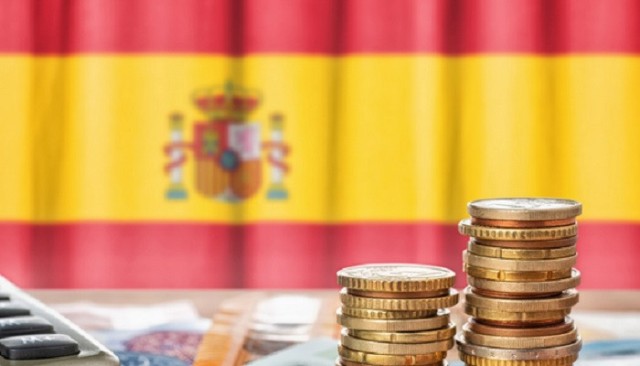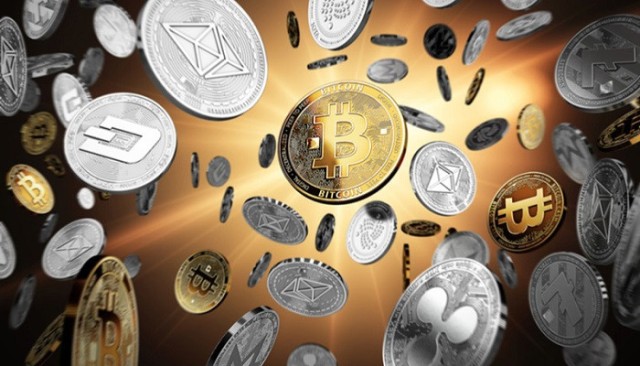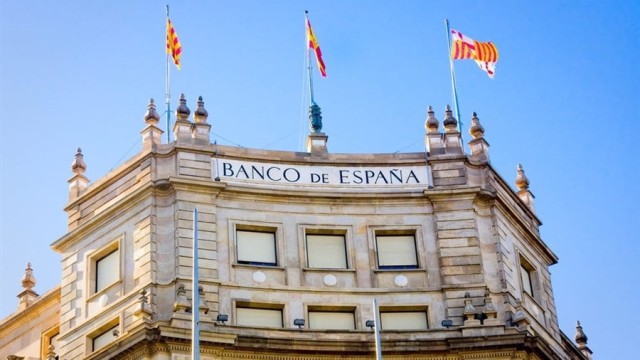The rise in energy prices after the Russian-Ukrainian war led to the highest level of inflation in Spain in 37 years.
According to Arabiya Net, the inflation rate reached 9.8% in March, compared to 7.6% in February, registering the highest level since May 1985, according to preliminary estimates by the Statistics Institute. National.
Socialist Prime Minister Pedro Sanchez told Parliament: It is a bad number that affects our economy, especially among the most vulnerable groups, given the out-of-control energy prices.
Like the rest of Europe, Spain has been burdened since last year by high energy prices, while families and businesses are struggling to pay their electricity bills.
Since the Russian invasion of Ukraine on February 24, oil prices have soared and Spain's transport and farm sectors have staged protests and strikes to demand help with exorbitant energy prices.
The rise in inflation in March is due to the war's rise in electricity, fuel and food prices, according to the Census Bureau. Sanchez's government on Tuesday approved plans to allocate 16 billion euros ($17.5 billion) in direct aid and loans to businesses and families affected by the consequences of Russia's invasion of Ukraine.
The measures that will apply until June 30 include a 20-cent rebate on each liter of fuel, 15 cents from the government and the rest to the fuel suppliers.
It also includes aid of 362 million euros for agriculture and farms, 68 million euros for the fishing and aquaculture sectors, and a cap on a 2% rent increase.
For families, the rent increase for the next three months will be set at a maximum of 2%.
Spain will send, with Portugal in the coming days, a proposal to the European Union to set a ceiling on fuel prices, against the background of the special statement announced by Brussels last week, which allows the two countries to intervene in the markets Energy.
The government hopes that economic assistance and ways to separate fuel prices from the cost of electricity will ease internal tensions.
We are convinced that the national response plan, especially the agreement reached in Brussels to set a reference price for fuel, will allow us in the near future to control the inflation curve, Sanchez said. and the stabilization of the cost of living.

















